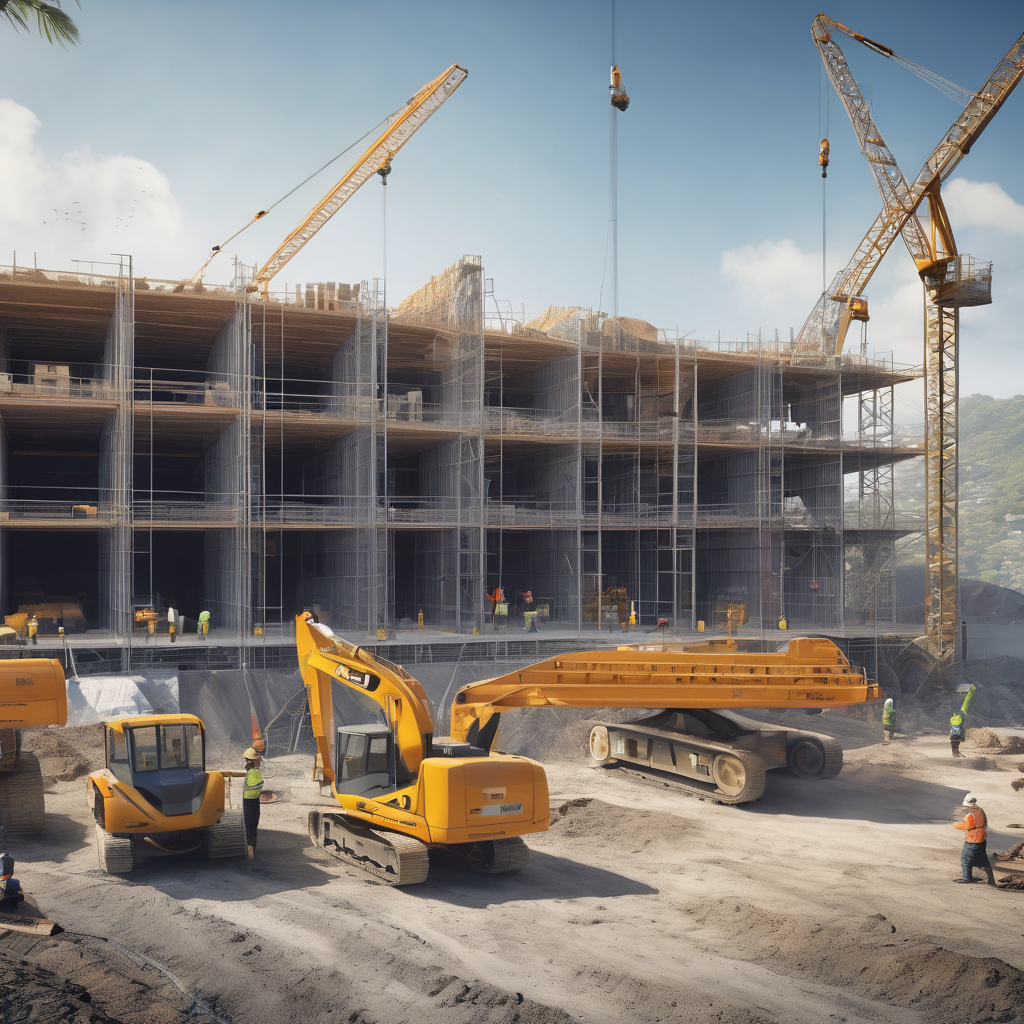Deportees from the United States have been identified as a potential solution to the labor shortages facing Palau, according to President Surangel Whipps Jr. He is considering a proposal from the Trump administration to relocate deported individuals to the Pacific island, particularly those with skills in demand in Palau, such as construction workers and nurses.
In discussing this proposal, Whipps highlighted the importance of having job placements available for these individuals prior to their arrival in Palau. He mentioned that converting tourist visas to work permits could be one way to facilitate this process. However, he acknowledged that similar proposals had been previously rejected by Palau’s Congress, indicating the complexities tied to such agreements. While he expressed the need for negotiation, he did not guarantee that any agreement would be presented for voting in the Congress.
Whipps noted that accepting deportees is legally permissible under current foreign labor laws in Palau, and there are established procedures for handling the entry and employment of non-resident workers. To ensure a collaborative approach, he has set up a working group comprising legislators and local leaders to gather input and promote “consensus and transparency” in discussions on the proposal.
The initiative has drawn scrutiny from critics who recall Palau’s prior experience with accepting Uyghur detainees from Guantanamo Bay as a reason for caution. However, Whipps believes that the situation is different today. He emphasized the importance of having control over the vetting and selection process to align it with the comfort levels of the Palauan people.
The discourse surrounding this proposal is sparking a wider conversation about immigration policies in Palau and the potential effects on the labor market and community dynamics. Community advocates are echoing the need for leaders to prioritize the interests of Palauan citizens amid these discussions.
Despite facing significant challenges and opposition from some groups, the proposal presents an opportunity for Palau to address its labor shortages while navigating the complexities of immigration. Whipps and local leaders are demonstrating a hopeful commitment to finding balanced solutions that can meet both national interests and humanitarian needs.
